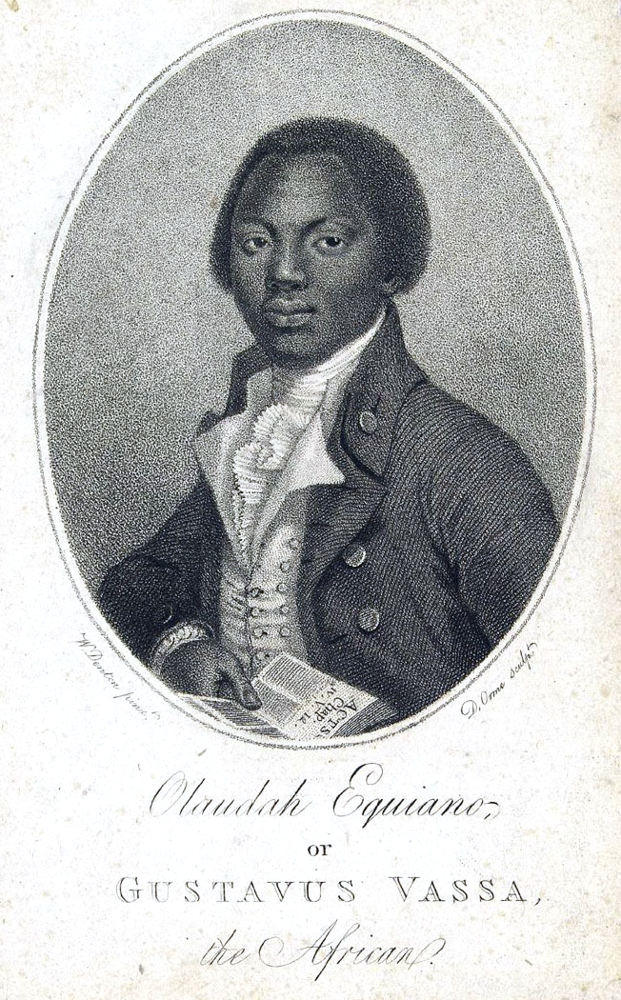What is this?
The Genius annotation is the work of the Genius Editorial project. Our editors and contributors collaborate to create the most interesting and informative explanation of any line of text. It’s also a work in progress, so leave a suggestion if this or any annotation is missing something.
To learn more about participating in the Genius Editorial project, check out the contributor guidelines.
What is this?
The Genius annotation is the work of the Genius Editorial project. Our editors and contributors collaborate to create the most interesting and informative explanation of any line of text. It’s also a work in progress, so leave a suggestion if this or any annotation is missing something.
To learn more about participating in the Genius Editorial project, check out the contributor guidelines.
What is this?
The Genius annotation is the work of the Genius Editorial project. Our editors and contributors collaborate to create the most interesting and informative explanation of any line of text. It’s also a work in progress, so leave a suggestion if this or any annotation is missing something.
To learn more about participating in the Genius Editorial project, check out the contributor guidelines.
What is this?
The Genius annotation is the work of the Genius Editorial project. Our editors and contributors collaborate to create the most interesting and informative explanation of any line of text. It’s also a work in progress, so leave a suggestion if this or any annotation is missing something.
To learn more about participating in the Genius Editorial project, check out the contributor guidelines.
Rapidly backwards and forwards: we call this
Easing the spring. Henry Reed – Naming of Parts
What is this?
The Genius annotation is the work of the Genius Editorial project. Our editors and contributors collaborate to create the most interesting and informative explanation of any line of text. It’s also a work in progress, so leave a suggestion if this or any annotation is missing something.
To learn more about participating in the Genius Editorial project, check out the contributor guidelines.
Unplagued with corns will have a bout with you. William Shakespeare – Romeo and Juliet Act 1 Scene 5
What is this?
The Genius annotation is the work of the Genius Editorial project. Our editors and contributors collaborate to create the most interesting and informative explanation of any line of text. It’s also a work in progress, so leave a suggestion if this or any annotation is missing something.
To learn more about participating in the Genius Editorial project, check out the contributor guidelines.
What is this?
The Genius annotation is the work of the Genius Editorial project. Our editors and contributors collaborate to create the most interesting and informative explanation of any line of text. It’s also a work in progress, so leave a suggestion if this or any annotation is missing something.
To learn more about participating in the Genius Editorial project, check out the contributor guidelines.
Against the churches; William Shakespeare – Macbeth Act 4 Scene 1
What is this?
The Genius annotation is the work of the Genius Editorial project. Our editors and contributors collaborate to create the most interesting and informative explanation of any line of text. It’s also a work in progress, so leave a suggestion if this or any annotation is missing something.
To learn more about participating in the Genius Editorial project, check out the contributor guidelines.
I'll do, I'll do, and I'll do. William Shakespeare – Macbeth Act 1 Scene 3
What is this?
The Genius annotation is the work of the Genius Editorial project. Our editors and contributors collaborate to create the most interesting and informative explanation of any line of text. It’s also a work in progress, so leave a suggestion if this or any annotation is missing something.
To learn more about participating in the Genius Editorial project, check out the contributor guidelines.
What is this?
The Genius annotation is the work of the Genius Editorial project. Our editors and contributors collaborate to create the most interesting and informative explanation of any line of text. It’s also a work in progress, so leave a suggestion if this or any annotation is missing something.
To learn more about participating in the Genius Editorial project, check out the contributor guidelines.







210